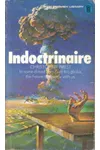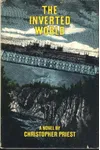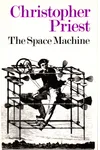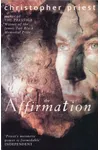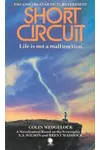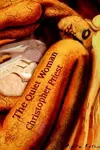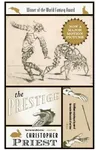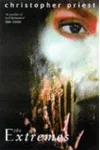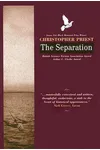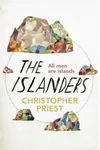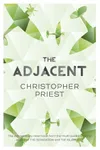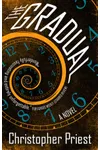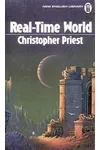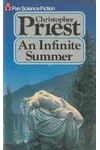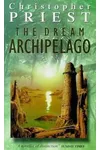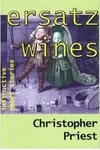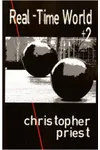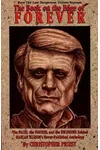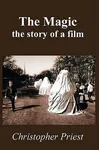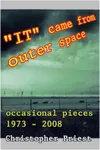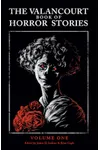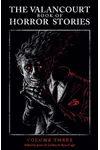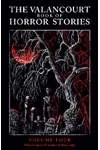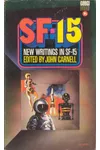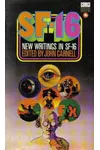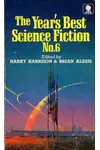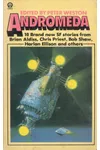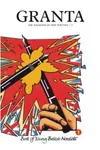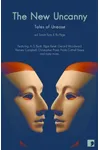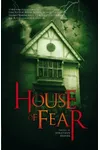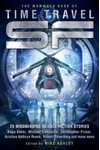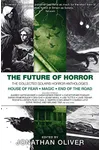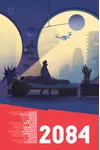Picture a British storyteller who spun tales so mind-bending they left readers questioning reality itself—meet Christopher Priest! With a career spanning over six decades, Priest blended science fiction with literary finesse, crafting novels like The Prestige that became cultural touchstones. His stories, rich with unreliable narrators and alternate realities, invite you to lose yourself in worlds where nothing is quite as it seems.
Born in Cheadle, Cheshire, in 1943, Priest’s imagination was sparked by the science fiction of H.G. Wells, setting the stage for a legacy that would earn him accolades and a devoted following. Let’s dive into the life and works of this master illusionist of words.
The Making of Christopher Priest
Christopher Mackenzie Priest grew up in rural Cheshire, where childhood holidays in Dorset’s ancient landscapes, like the hillfort of Maiden Castle, fueled his creative spark. After leaving school at 16, he worked as an accountancy clerk but was soon drawn to writing, inspired by the bold, convention-defying stories of Brian Aldiss and the New Worlds magazine circle. By 1968, Priest was a full-time writer, having published his first story, “The Run,” in 1966. His early immersion in the vibrant 1960s sci-fi scene shaped his knack for subverting genre norms.
Christopher Priest’s Unforgettable Stories
Priest’s novels are literary puzzles, blending speculative fiction with psychological depth. The Inverted World (1974), a classic that won the BSFA Award, follows a city crawling across a distorted planet, its inhabitants grappling with a reality that warps time and space. The Prestige (1995), his most famous work, is a Victorian tale of rival magicians obsessed with outdoing each other, weaving deception and identity into a narrative so gripping it inspired Christopher Nolan’s 2006 film starring Hugh Jackman and Christian Bale. The Separation (2002), another award-winner, explores alternate histories of World War II, using twin brothers to probe the fluidity of truth. The Affirmation (1981) delves into a writer’s unraveling sense of self, a hallmark of Priest’s fascination with perception and reality.
His style—precise, hypnotic, and often unsettling—defies easy categorization. Priest embraced the “slipstream” genre, blending sci-fi, fantasy, and literary fiction to create stories that feel both familiar and alien. His Dream Archipelago series, including The Islanders (2011), paints a vivid, interconnected world of equatorial islands, each tale layered with moral and cultural questions. Priest’s refusal to spoon-feed answers makes his work endlessly re-readable.
Why Christopher Priest Matters
Priest’s influence stretches far beyond science fiction. His ability to merge genre storytelling with literary sophistication earned him a spot on Granta’s 1983 Best of Young British Novelists list and awards like the James Tait Black Memorial Prize and the Arthur C. Clarke Award. He mentored writers, championed speculative fiction through workshops, and even shaped publishing by securing William Gibson’s Neuromancer for Gollancz. His fearless critiques, like his takedown of Harlan Ellison’s stalled anthology, showed his commitment to integrity in the literary world. Priest’s work continues to inspire authors and filmmakers, proving that stories can challenge, unsettle, and endure.
- Born: July 14, 1943, Cheadle, Cheshire, England
- Key Works: The Inverted World, The Prestige, The Separation, The Affirmation
- Awards: BSFA Award (4 times), James Tait Black Memorial Prize, Arthur C. Clarke Award
- Notable Role: Vice-President of the H.G. Wells Society (2006)
Ready to have your mind twisted? Grab The Prestige or The Inverted World and dive into Christopher Priest’s mesmerizing blend of sci-fi and literary magic!
